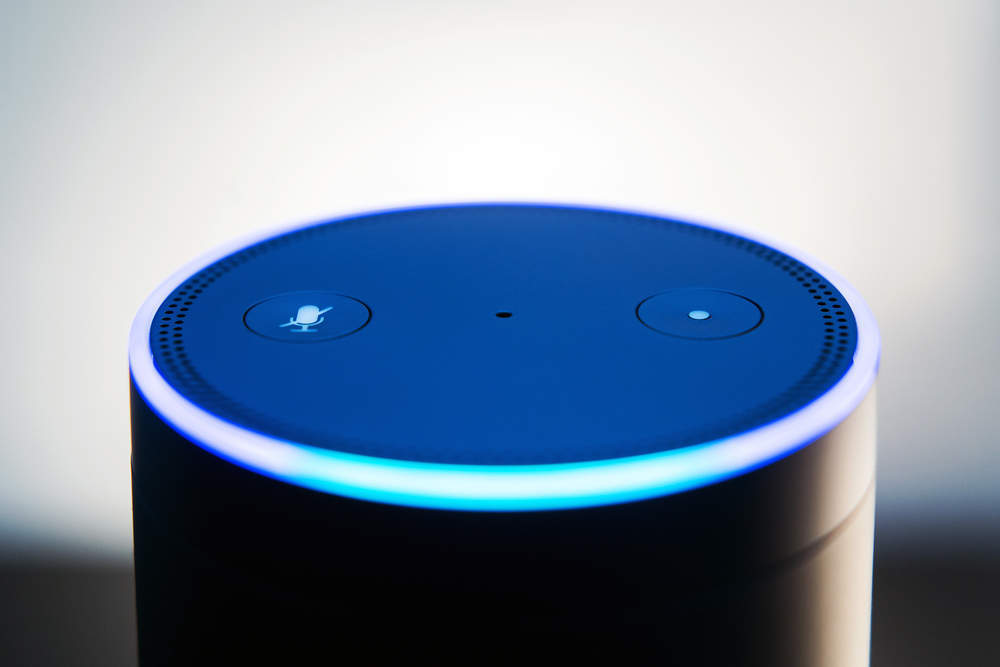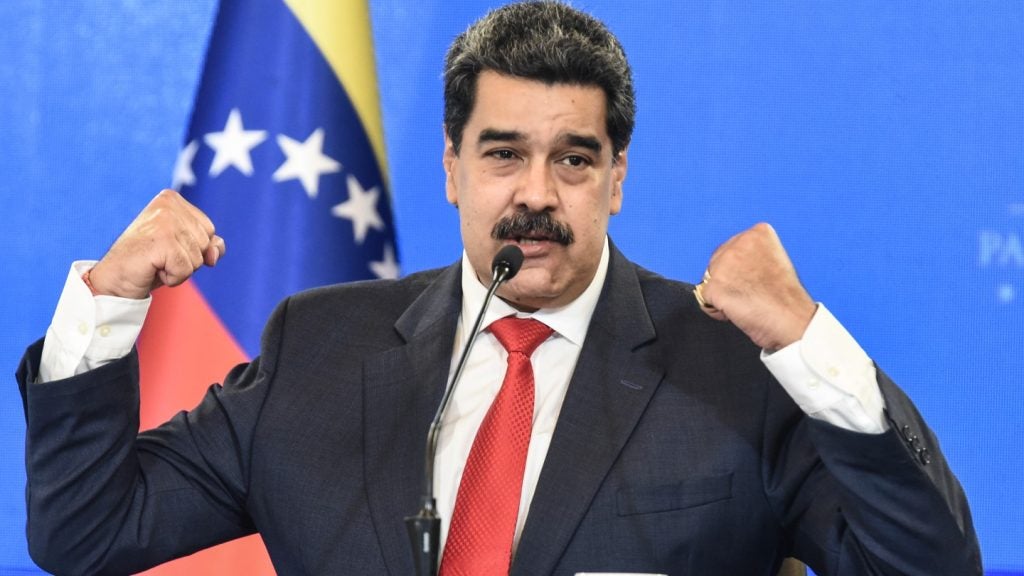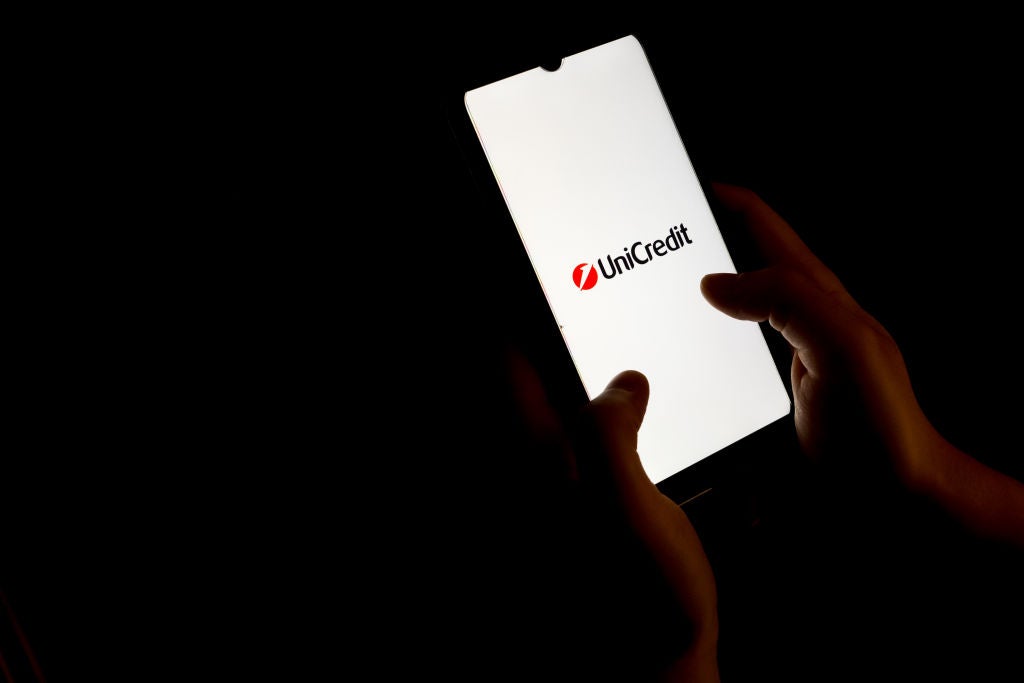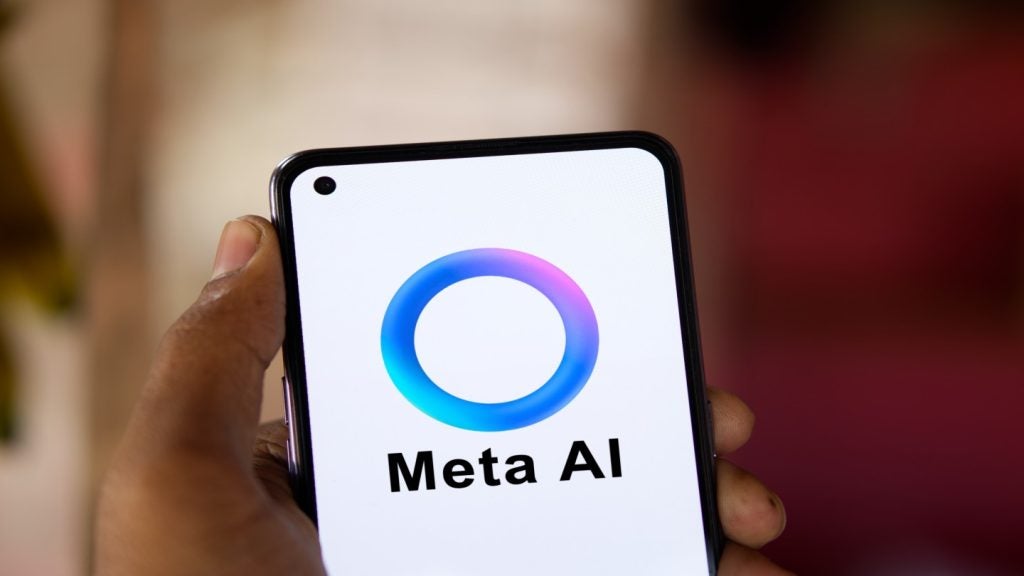Marriott, the international hotel chain, is testing artificial intelligence digital voice assistants, but do people really want them?
The hotel group is testing both Apple Siri and Amazon Alexa-enabled iPads and iPhones at the Aloft hotel in Boston, as well as considering Google Home.
Siri and Alexa will be used to: control the lights or room temperature, open or close blinds, manage the TV, alarm clocks or other home appliances, play music or call an Uber, all via voice commands.
This is not the first time Marriott has tried out this kind of technology.
The hospitality provider started experimenting with AI assistants in August 2016, when it unveiled its voice-activated hotel room as part of its Project Jetson experiment.
It let guests of two of Starwood’s Aloft premises adjust the room temperature, the lights or any other room settings by giving Apple’s Siri voice commands.
How well do you really know your competitors?
Access the most comprehensive Company Profiles on the market, powered by GlobalData. Save hours of research. Gain competitive edge.

Thank you!
Your download email will arrive shortly
Not ready to buy yet? Download a free sample
We are confident about the unique quality of our Company Profiles. However, we want you to make the most beneficial decision for your business, so we offer a free sample that you can download by submitting the below form
By GlobalDataRecently Marriott installed Alexa-powered devices in 10 rooms of JW Marriott in San Antonio and it revealed that it plans to deploy the gadgets in an additional 100 rooms in the future.
The technology giants Apple and Amazon are fighting for market supremacy in the growing sector.
Hotel rooms are the perfect environments to demonstrate the practicality and efficiency of voice-activated devices.
An interesting aspect to be observed in this implementation is whether the hotels are going to customise the devices for each individual guest, and if so, how much.
An expanding market
Marriott is not alone here.
In October 2016, the Swedish Clarion Hotel Amaranten announced that it was the first hotel in the world to fully incorporate Alexa into its suites.
In December 2016, Wynn Resorts installed Alexa devices in some of its Las Vegas establishments and after that it announced its intention to equip all its 4,748 rooms with Amazon Echo speakers by the summer of 2017.
Similarly, guests of Four Seasons in Washington can now ask Alexa for the weather forecast, travel information or music.
Another big hotel chain, Hilton, is expected to implement a similar technology for its Waldorf Astoria luxury hotel which will open in Beverly Hills in June.
However, the tech, provided by Crestron Electronics, needs guests to type commands instead of speaking them
As technology becomes more and more advanced, people’s expectations increase and businesses need to adapt in order to survive.
Although still in its infancy, voice-activated devices clearly have the potential to offer guests a more seamless experience.
It will not be surprising to see items such as phones or clocks disappear from the hotel room and the human input reduced in the future.







Related Company Profiles
Apple Inc
Amazon.com Inc
Wynn Resorts Ltd